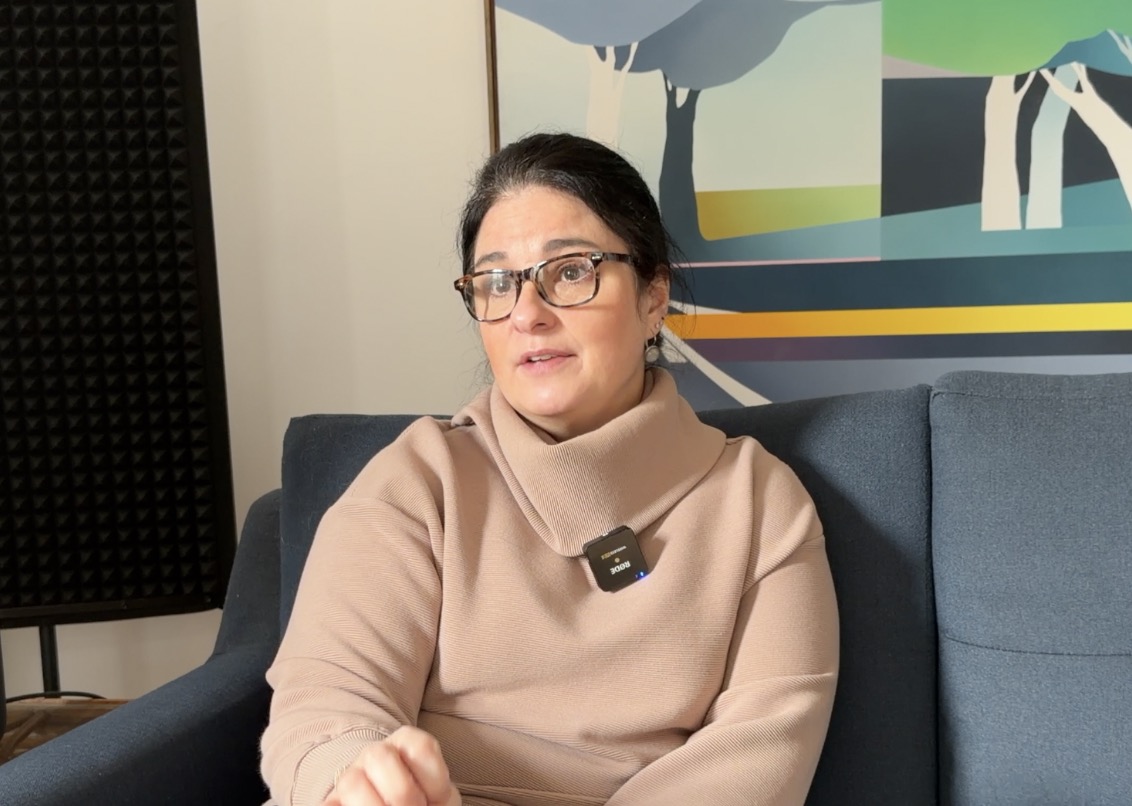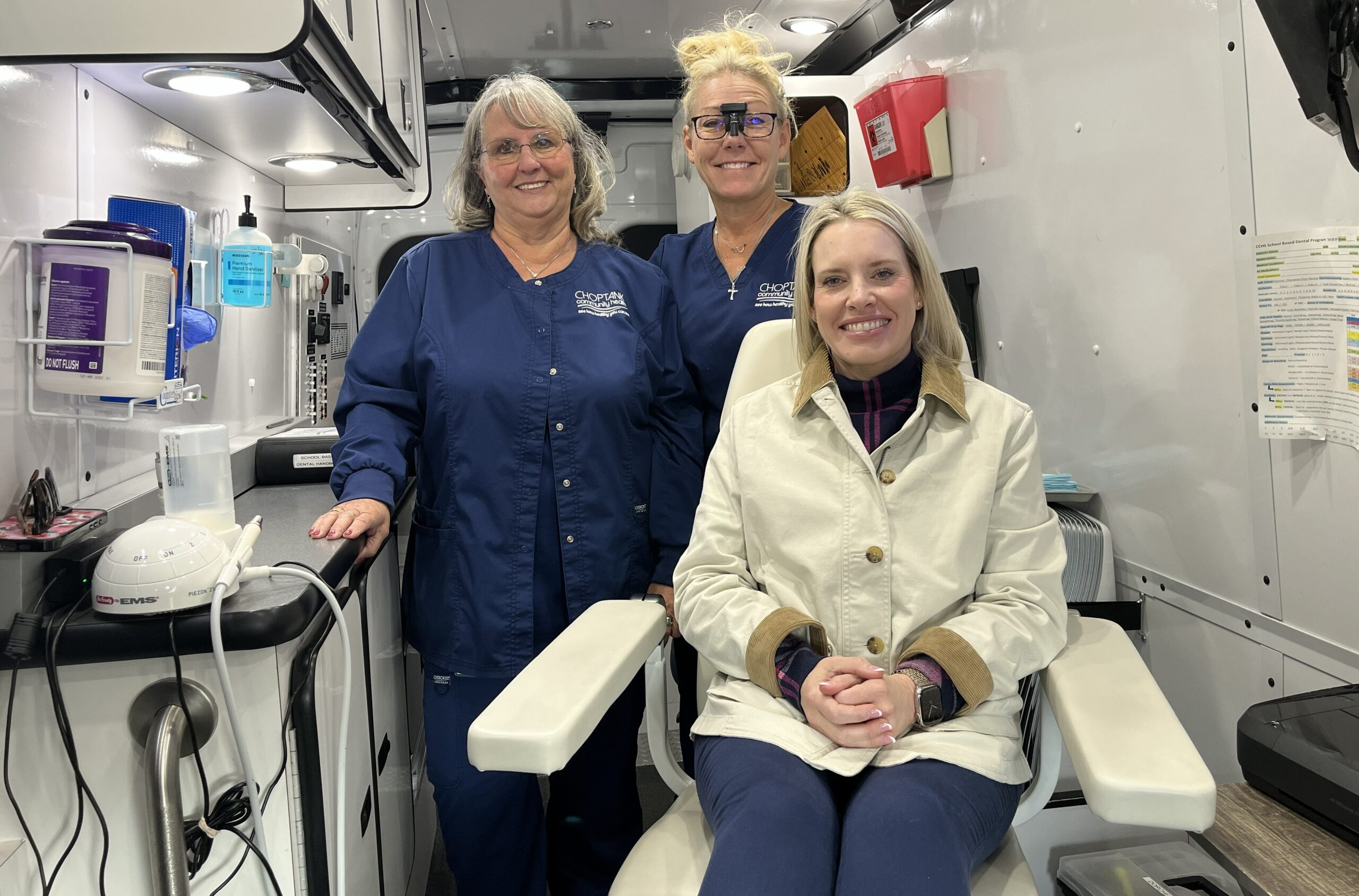In a recent Spy conversation, Christina Ball, MS, AGACNP-BC, the director of UM Shore Medical Group-Palliative Care, broke down one of the most confusing corners of modern medicine: the difference between palliative care and hospice.
Palliative care, she explained, is support that begins while patients are still pursuing treatment—helping them manage symptoms, stress, and the emotional weight of serious illness—hospice steps in later, when someone decides to stop aggressive treatment and focus entirely on comfort.
Ball stressed that palliative care isn’t just about the patient. It’s also about caregivers, who often carry the heaviest load. Her team builds long, steady relationships, checking in on caregivers privately, helping them navigate barriers such as finances, transportation, and burnout, and offering coaching and resources that many don’t realize they’re entitled to.
She also spoke openly about preparing families for what lies ahead. Palliative teams often introduce hospice early—not as a defeat, but as another layer of support when goals change.
This video is approximately 12 minutes in length. For more information about palliative care at Shore Regional Health, please go here.


